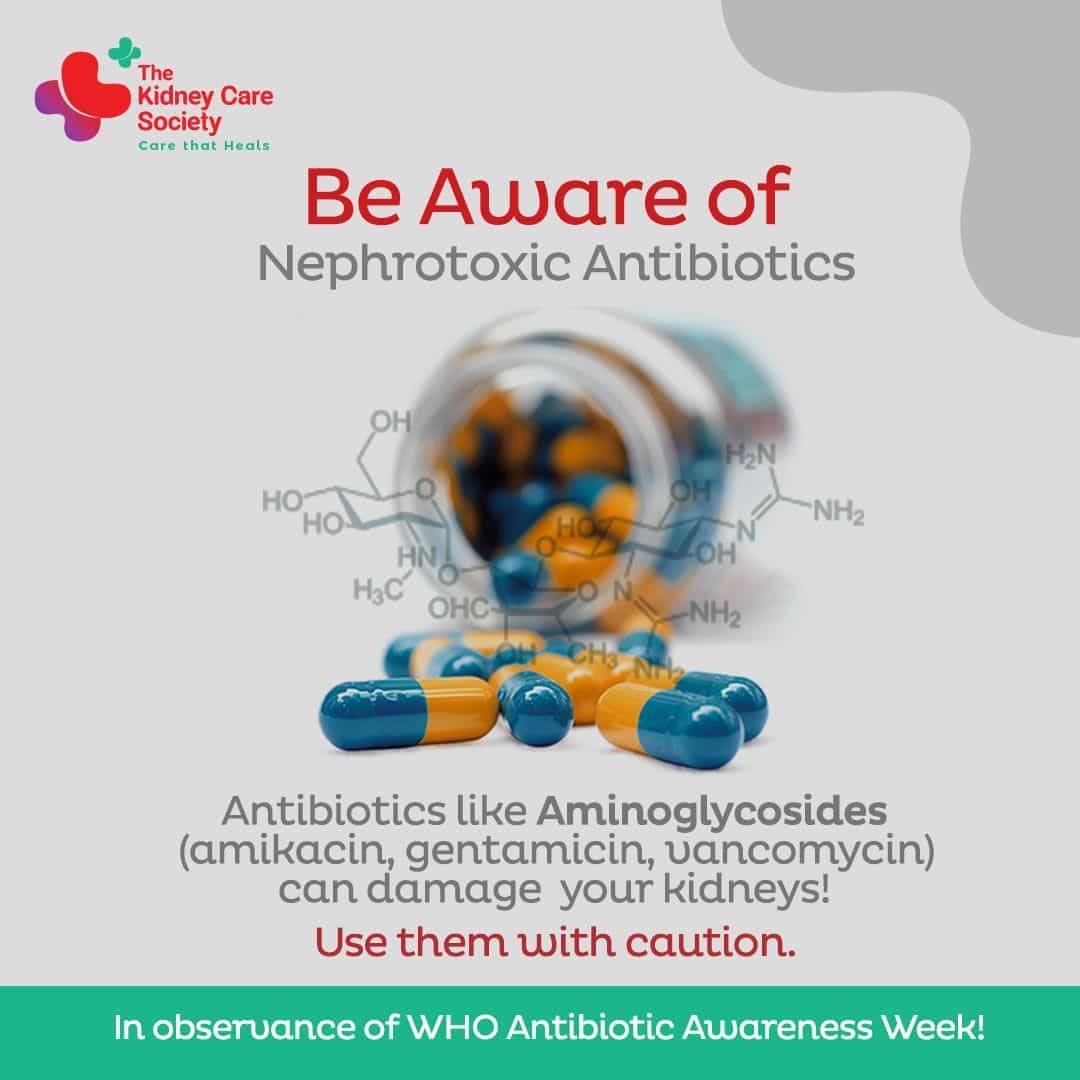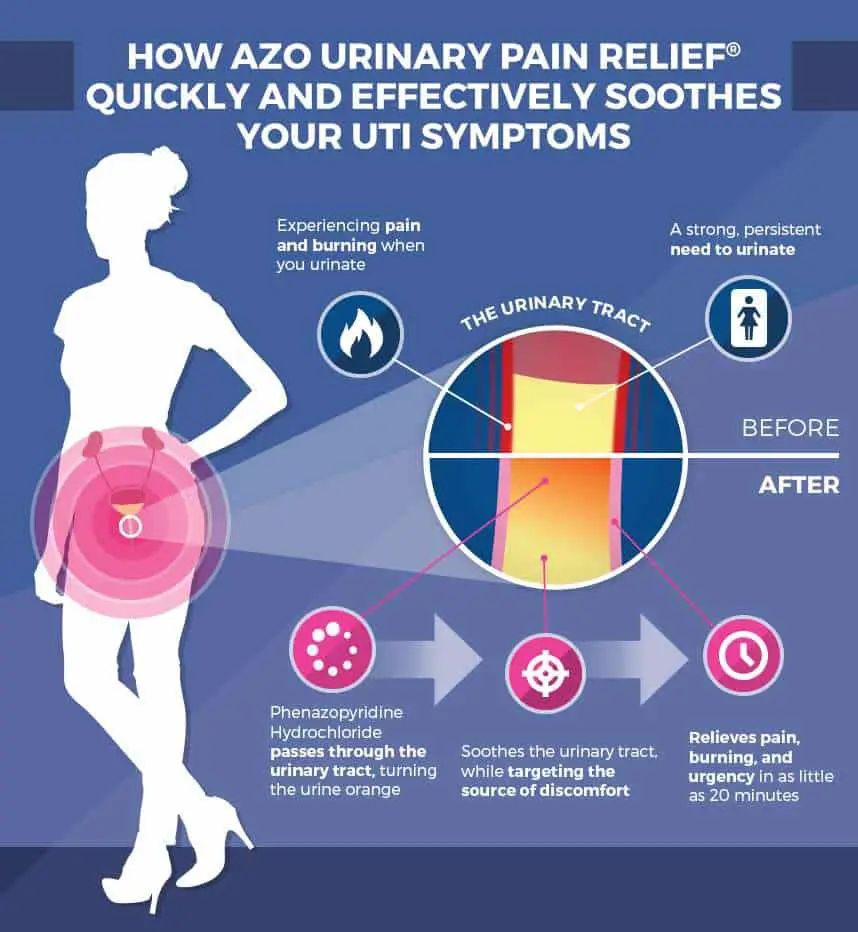How Long Does A Urinary Tract Infection Last
Infections affecting the bladder, urethra, ureters, or kidneys, urinary tract infections are quite common. UTIs can be viral or fungal but are predominately bacterial in nature. Because of their anatomy, women are at a higher risk for developing UTIs than men. Anyone that suspects they may have a UTI, is likely wondering how long the infection will last. To provide insight into the length of infection, we will discuss some of the general UTI symptoms and the treatments available in this discussion.
UTI Symptoms
As previously mentioned, UTIs affect the bladder, kidneys, urethra, and ureters. The symptoms associated with the UTI vary based on the area infected. Early signs and symptoms, when the infection is impacting the bladder, generally involve discomfort, pain, or a burning sensation when urinating. Often this discomfort is accompanied by the frequent or urgent need to urinate. Urine may appear cloudy, have blood present, or have a strong odor.
Should a UTI become more advanced and spread to the kidneys, symptoms may be more severe. A high grade fever , chills, fatigue, and pain in the back, side, or groin may develop. Severe abdominal pain, nausea, and vomiting may also present.
Can Uti Symptoms Linger After Antibiotics
A urinary tract infection is uncomfortable, annoying, and potentially life-threatening, if ignored. But once youve sought treatment, can UTI symptoms linger after antibiotics? Learn more about what to do when these symptoms persist after youve started taking medication.
How Long Does It Take To Cure A Uti Without Antibiotics
If you dont take a prescription antibiotic for UTI treatment, your infection will likely last longer than the time frame listed above. Generally, you should see a doctor if you begin to develop UTI symptoms that persist for longer than two to three days. Without treatment, a minor infection of the lower urinary tract could spread to your kidneys, putting you at risk for organ damage and serious blood infections.
Signs that a lower UTI has become a kidney infection include:
If you experience any of these symptoms, seek prompt medical attention.
Don’t Miss: Where Can I Buy Antibiotics For Cats
Editorial Sources And Fact
How To Feel Better

If your healthcare professional prescribes you antibiotics:
- Take antibiotics exactly as your healthcare professional tells you.
- Do not share your antibiotics with others.
- Do not save antibiotics for later. Talk to your healthcare professional about safely discarding leftover antibiotics.
Drink plenty of water or other fluids. Your healthcare professional might also recommend medicine to help lessen the pain or discomfort. Talk with your healthcare professional if you have any questions about your antibiotics.
You May Like: What To Take To Avoid Yeast Infection While On Antibiotics
About Urinary Tract Infections
Urinary tract infections are common infections that can affect the bladder, the kidneys and the tubes connected to them.
Anyone can get them, but they’re particularly common in women. Some women experience them regularly .
UTIs can be painful and uncomfortable, but usually pass within a few days and can be easily treated with antibiotics.
This page is about UTIs in adults. There is a separate article about UTIs in children.
This page covers:
What Factors Can Contribute To The Persistence Of Uti Symptoms Following Antibiotic Therapy
Typically, UTI symptoms completely resolve following antibiotic treatment. However, symptoms may persist if the following conditions exist:
- Antibiotics are no longer effective against bacteria.
- The infection is caused by another type of bacteria, fungi, or virus.
- You have a different medical problem, not a UTI. For instance, benign prostatic hyperplasia , uterine prolapse, or an overactive bladder can result in symptoms similar to those of a UTI.
Because E coli is the most common bacterial cause of UTI, your doctor may have prescribed antibiotics without performing a urine culture first. If you experience recurrent urinary tract infections, your doctor should perform a urine culture and sensitivity test to determine the antibiotic’s effect on the bacteria that cause the disease.
In some instances, underlying conditions can mimic the symptoms of a UTI. They include the following:
- Prostate cancer
Recommended Reading: Do Antibiotics Cause Weight Loss
Treatment And Duration Of Uti
A healthcare provider will first perform tests to identify the type of UTI the patient is believed to have. This typically will involve taking urine samples to look for bacteria, red blood cells, white blood cells, and to test chemicals in the urine . In other cases, blood tests, CT scans, kidney scans, or ultrasounds may be ordered to diagnose the infection.
For mild lower urinary tract infections , most patients will be prescribed an antibiotic to prevent the UTI from spreading to their kidneys. Women generally take antibiotics for 3 days whereas men take them for 7-14 days or more. In some cases, a single dose of antibiotic is sufficient. Should the patient be pregnant, have diabetes, or a mild kidney infection, antibiotics are taken for 7 to 14 days. Lower urinary tract infection symptoms typically begin to clear up within 24 hours of starting antibiotics. Regardless of the type of infection, it is important that the patient finish the antibiotic for the full course of treatment even if symptoms begin to clear up. Failure to finish the antibiotics could lead to the infection recurring and it becoming resistant to antibiotics.
How Long Does A Complicated Uti Last
Complicated UTIs can last a couple of weeks. According to the AUA, a number of different factors can determine if a UTI is complicated, including:
- Whether you’re pregnant or post-menopausal
- The cause is bacteria that are resistant to multiple drugs
- Something abnormal in your urinary tract
- If you have a catheter, stent, nephrostomy tubes, or other medical devices
- If you have a chronic condition, like diabetes or a compromised immune system
If you’ve got a complicated UTI, you’ll need treatment with a longer course of oral antibiotics , and potentially intravenous antibiotics, as well, per the AUA. But while treatment will last 14 days, you’ll probably feel better much sooner. “As your body starts to fight infection, that burning with urination will improve,” said Dr. Moore.
Read Also: Which Antibiotic For Dog Uti
Consider Some Otc Help
You might also ask your physician about taking the over-the-counter anti-diarrhea medication loperamide , which works by decreasing fluids that flow into your colon and slowing down the movement of your gut, prompting fewer poops, according to the U.S. National Library of Medicine. If you have certain underlying health conditions, your doctor might advise against this type of medicine Dr. Kistler says, so always check with them first.
Who Needs Urine Culture
From Antibiotics guide BPAC, NZ, 2019
Urine culture is not necessary to diagnose cystitis. Urine culture is most useful for confirming the presence of significant bacteriuria and reporting on bacterial susceptibility to antibiotics in infections that are considered to be complicated due to an abnormality of the urinary tract or an underlying condition or clinical circumstance this includes:
- people with diabetes or renal failure
- people with a urinary catheter
- people living in residential care facilities
- people with persistent or recurrent cystitis or atypical symptoms.
Don’t Miss: When Do You Get Antibiotics
Chronic Or Recurring Utis
Some people get UTIs more often than others. They might have UTIs that last a long time or that come back more than 3 times in a year .
You might have heard that cranberry juice or cranberry pills can help if you get UTIs a lot. Some studies have tested whether cranberry products with the fruit sugar D-mannose benefit people who get UTIs. More research needs to be done to see how well they work.
Are Vaginal Yeast Infections And Bacterial Vaginosis Side Effects Of Antibiotics

The same rationale applies to the risk of getting BV. The precise mechanism of infection behind BV is not fully understood, but it is attributed to an imbalance of bacteria: too many bad, and too few good ones.
The risk of getting one of these two conditions because of antibiotic use to treat a UTI is moderate and shouldnt discourage you from UTI treatment. Antibiotics are the only medication that works for a UTI. Always remember that a UTI left untreated is a serious health risk.
Studies have also demonstarated a relationship between UTIs and BV. They can occur simultaneously and make each other more likely to occur. Which one comes first isnt entirely clear yet, however, research clearly shows a correlation. One study, for example, looked at 500 pregnant women and found that almost 14% of women with BV also had a UTI, while only 6.6% of the women without BV had a UTI.
It is advisable to always practice good vaginal and sexual hygiene. Avoiding tight pants and underwear can help prevent bacterial infections as can making sure to always stay well hydrated!
Don’t Miss: What Antibiotics Help A Sinus Infection
Otc Uti Treatment: Key Takeaway
Women are prone to contracting a urinary tract infection at least once in their life. Certain UTIs do not need treatment if they are diagnosed on time and if the symptoms are cared for, however, some UTIs require medical intervention in the form of antibiotics.
While antibiotics are the standard treatment for UTIs, researchers are looking for better OTC treatment options for UTI symptoms that might eliminate their need. Several OTC UTI treatment drugs help prevent and manage UTI symptoms but should never be considered a replacement to prescribed antibiotics. The only clinically proven cure for a UTI is a prescribed antibiotic and nothing else as of yet.
If you think you have a UTI, you may visit Family Medicine Austin and consult our healthcare experts. It is always advised to avoid self-treatment and seek medical help.
I am Jeannette, the medical writing specialist here at Family Medicine Austin. I have over five years of experience working with a range of medical and healthcare across the U.S.
Complete The Form Below And Well Get Back To You Immediately.
What Are Utis
One of the many unseen, hard-to-detect dangers that senior citizens face today is urinary tract infections, more often known as UTIs. Though easily treatable, the symptoms of UTIs in the elderly can often mimic those of other more serious conditions, like dementia. Given that UTIs are one of the most frequent, hidden infections seniors suffer from, it is important to be able to differentiate them from other illnesses, then isolate and eliminate them. This article will give you the tools needed to combat UTIs a formidable enemy to senior health.
A UTI is a bacterial infection of any of the four parts of the urinary system. The infection usually starts low in the urethra and moves up the ureters and into the bladder, and then goes to the kidneys. It eventually can move into the blood system if unchecked. Once the infection is in the circulatory system, it can become very dangerous and leads to sepsis, making early detection and treatment by professionals essential.
Also Check: Antibiotic Eye Drops Over The Counter Walgreens
What Is A Uti
A UTI refers to an infection in any part of your urinary system, including your kidneys, bladder, and urethra. It most commonly occurs in your lower urinary tract, where the bladder and urethra are located.
Women can be as much as 30 times more likely to develop UTIs than men due to a shorter urethra. This means that bacteria travel more quickly and easily from your urethra to your bladder.
Acute cystitis, in particular, often affects women and triggers bladder inflammation. On its own, a bladder-related infection is painful and bothersome. But if left untreated, it could spread to your kidneys and pose serious consequences.
Note that not all UTIs exhibit signs and symptoms in patients, so its possible to be completely unaware that you have one. When they do present, however, symptoms commonly include:
- Urinating often in small quantities
- A burning sensation when you pee
- A reddish, bright pink, or brownish color
- Strong-smelling or cloudy urine
- Pelvic pain , especially in the center of your pelvis and near your pubic bone
- Feeling tired or shaky
- Pain or pressure in your lower abdomen
- Fever or chills
The three different types of UTIs are as follows:
Its an inflammation of your urethra. Symptoms include a discharge from your urethra and burning urination.
Bladder inflammation thats marked by painful, burning urination and cloudy urine, as well as a frequent need to pee.
- Trimethoprim/sulfamethoxazole
- ephalexin ceftriaxone
Signs That A Uti Is Not Responding To Antibiotics
Naturally, the most obvious sign that your UTI isnt responding to antibiotics is the persistence of infection-related symptoms. Additionally, you might even develop new symptoms. If you have a fever , lower abdominal pain, chills, nausea, or vomiting, consult a doctor immediately.
If youre pregnant with a UTI and start having contractions, be sure to seek medical attention right away. Although UTIs are common in expectant mothers, they can become problematic if not addressed quickly. They may increase your babys chances for premature birth and low birth weight.
In general, if ignored, UTIs create serious medical complications . At times, a kidney infection is considered life-threatening, especially in cases of septicemia. This happens when bacteria enters your bloodstream and leads to blood poisoning.
Don’t Miss: Which Pharmacy Gives Free Antibiotics
Diagnose Your Uti Head To The Doctor
Suspect you have a UTI? A good idea is to find an OTC UTI test that you can take in the convenience of your own home. These UTI tests will give you fast results, and help your doctor make a quicker decision on whether or not antibiotics are necessary to treat your UTI, if that is the case. If you dont have an OTC UTI test available, head straight to the doctors office! Theres a chance your doctor will want you to have a full pelvic exam to check for other infections, because UTI and sexually transmitted infection symptoms are sometimes similar. Either way, its better to be safe than sorry! Be sure to use your at home test kit before taking any urinary pain relievers to avoid inaccurate results.
When To See A Doctor About A Uti
As mentioned, antibiotics are typically needed to treat a UTI, so it’s important to seek prompt care if you notice the signs of one.
Especially if:
- Your symptoms are severe or getting worse
- Your symptoms don’t improve after a few days
- You’re getting recurrent UTIs
“Early and effective UTI treatment helps ensure that the infection is dealt with while it’s easiest to treat and before it progresses to the kidneys,” says Dr. Kannady. “Even a mild kidney infection can come with fairly debilitating symptoms, including fever, vomiting and intense pain. These infections also require a longer course of antibiotics.”
And the more serious the kidney infection, the greater the risk of complications. They can range from hospitalization to even permanent kidney damage or a life-threatening bloodstream infection in some cases.
In men, UTIs also can spread to the prostate and cause prostatitis which also often requires a longer course of antibiotics to treat.
“By initiating antibiotics as soon as a UTI is identified, we can greatly reduce the risk of these more complex and serious outcomes,” says Dr. Kannady.
Lastly, if your UTI symptoms don’t improve after taking antibiotics for a few days, be sure to follow up with your doctor.
Don’t Miss: Over The Counter Antibiotics For Eye Infection
What Causes A Urinary Tract Infection In Toddlers
Normal urine is sterile and contains fluids, salts and waste products. An infection occurs when microorganisms cling to the opening of the urethra and begin to multiply. Most infections arise from Escherichia coli bacteria that normally live in the digestive tract.
Different bacteria can cause a urinary tract infection. The seven most common bacteria include the following:
- Escherichia coli , found in about 85% of UTIs in children.
- Pain in the back or side .
What To Do If You Keep Getting Utis

“It’s also important to consult your doctor if you’re getting UTIs frequently which is about three or more times per year,” Dr. Kannady recommends.
Recurrent UTIs are fairly common, and they’re also often effectively controlled via lifestyle changes. In some cases, though, your doctor may recommend that you see a urologist for further evaluation.
“Frequent UTIs are sometimes the result of an underlying health issue, such as kidney stones or abnormalities in your kidneys, bladder, or urethra,” Dr. Kannady adds. “A urologist can rule out or diagnose and treat issues such as these, as well as provide further guidance on how to prevent UTI reoccurrence.”
You May Like: Probiotics After Antibiotics Mayo Clinic
Is It Safe To Treat Utis Without Antibiotics
Antibiotics are effective treatments for UTIs. Sometimes, the body can resolve minor, uncomplicated UTIs on its own, without antibiotics.
Complicated UTIs require medical treatment. These are some factors that can make the infection complicated:
- changes in the urinary tract or organs, such as a swollen prostate or reduced flow of urine
How Long Do Utis Last In Men
UTIs can last up to 14 days in cisgender men, says AUA. It’s less common for men to get UTIs, but when they do get this type of infection, it’s considered complicated and treated on the same timeline as complicated UTIs in women.
The AUA recommends that men take antibiotics for seven to 14 days if they have a bladder infection. As for kidney infections, men should get care right away to avoid a more serious condition and will probably need to take antibiotics for 14 days. The first couple of days might involve IV antibiotics in the hospital, and assuming that goes well, the healthcare provider will switch you over to oral antibiotics for the rest of the treatment.
Also Check: What Type Of Antibiotic Is Clindamycin